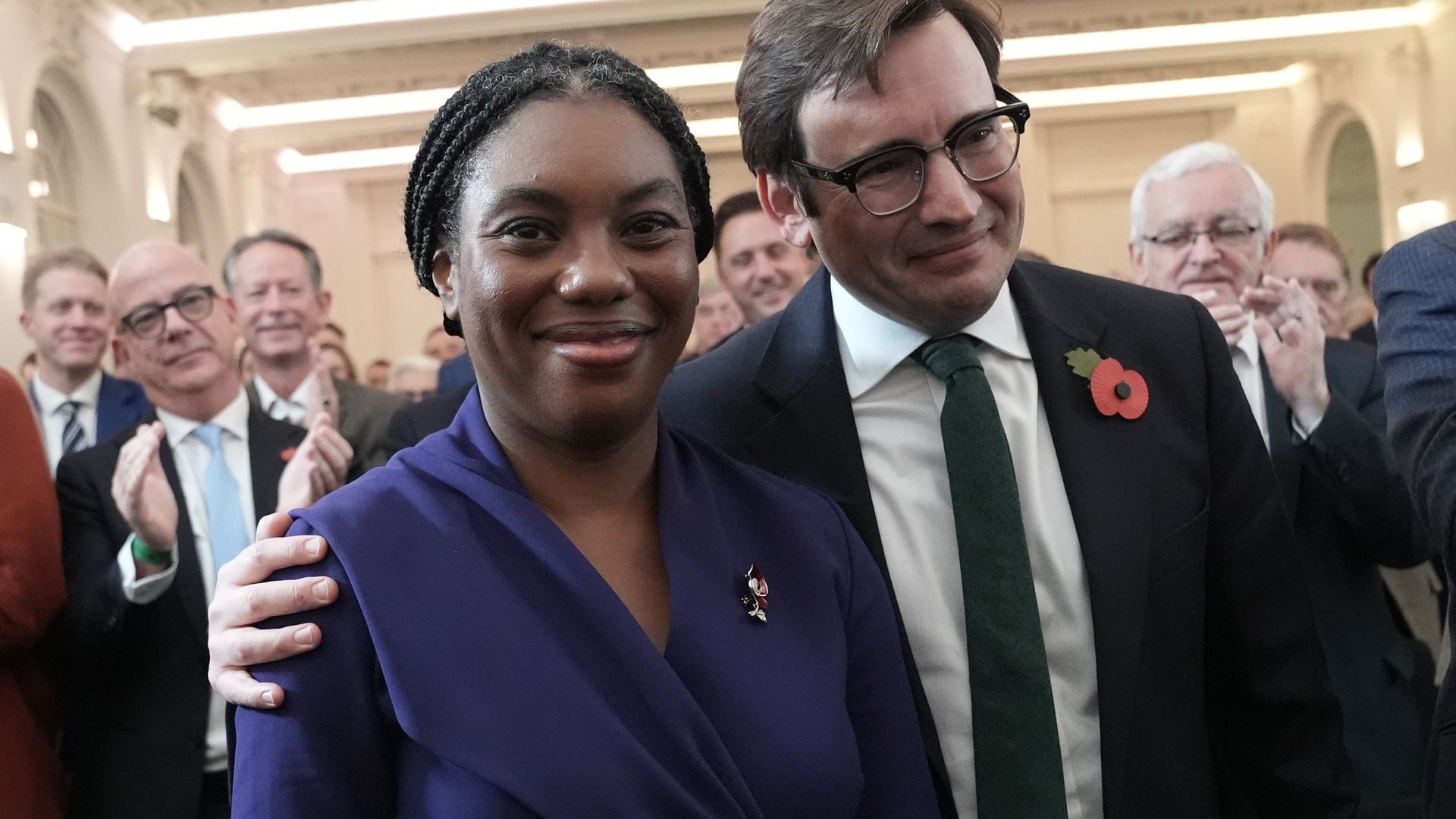
The BDN Editorial Board operates independently from the newsroom, and does not set policies or contribute to reporting or editing articles elsewhere in the newspaper or on bangordailynews.com.
Earlier this week, Donald Trump and other national Republican figures were still trying to convince Nebraska lawmakers to change how their state allocates Electoral College votes, even with the presidential election just around the corner. This cynical pressure campaign seemed like a rushed and self-serving power grab when it surfaced earlier this spring, and that has been even more true now with the election less than 50 days away.
Thankfully, the state’s governor has acknowledged that this misguided effort doesn’t have enough support to move forward in the Nebraska Legislature.
Nebraska and Maine are the only two states that split up their Electoral College votes by overall state winner and by winners of each congressional district. Rather than a winner-take-all approach, this allows candidates to secure votes from individual congressional districts even if they don’t carry the whole state, better reflecting the diverse perspectives within a state. If anything, more states should be adopting this approach, rather than running away from it at the behest of out-of-state politicians who appear to care more about their own electoral prospects than what is best for voters in that state.
It has always been telling that Trump and allies like U.S. Sen. Lindsey Graham of South Carolina have been pushing for changes in Nebraska, where he stands to potentially lose an electoral vote in the Omaha area, a more liberal island in a conservative state, but have not called for such a change in Maine. Trump has secured an electoral vote in Maine’s more conservative 2nd District the past two elections, despite Democrats carrying the statewide presidential contest.
Clearly, the effort to change the rules in Nebraska, and to do it so closely to an election, has not been driven by a high-minded philosophy or pursuit of what actually makes sense for Nebraskans. It has always been about what makes sense for Trump.
So it is very encouraging news that a pivotal Republican state lawmaker in Nebraska has once again voiced opposition to this proposal. While Gov. Jim Pillen and others had fallen in line behind Trump, Republican state Sen. Mike McDonnell — a former Democrat — has stood on principle to consistently oppose such a hasty change. McDonnell’s is a key voice and key vote in determining whether Republicans could move forward with a hasty special session to enact this woefully misguided change.
“In recent weeks, a conversation around whether to change how we allocate our electoral college votes has returned to the forefront,” McDonnell said earlier this week, as reported by Nebraska Public Media. “I respect the desire of some of my colleagues to have this discussion, and I have taken time to listen carefully to Nebraskans and national leaders on both sides of the issue. After deep consideration, it is clear to me that right now, 43 days from Election Day, is not the moment to make this change.”
Not the moment, indeed. In a political world of strict obedience, especially to Trump, McDonnell’s fair-minded stance is refreshing. It shouldn’t even have been necessary. But given the unvarnished self-interest on display from Trump and his supporters in this push, McDonnell’s consistency and unwillingness to bend in the face of irresponsible pressure from his party is an admirable moment in a campaign season that has too often been a race to the bottom.
We agree with Maine Republican House leader Billy Bob Faulkingham, who said, “We should be trying to convince other states to use a more representative process like ours, not change to winner-take-all like other states.” It would be a mistake for Nebraska to ditch this process, potentially limiting the state’s impact in presidential elections and the candidate attention that comes with it. And it certainly would be a mistake to do so when election season is basically already upon us.
If Nebraska wants to move away from the system that it shares with us, that is its decision. But it is a decision that Nebraska lawmakers should make in a deliberative way based on what is best for their voters, not because Trump and others want them to change it on the eve of an election. The failure of this last-minute pressure campaign is a win for Nebraska and for careful deliberation over rushed partisanship.











